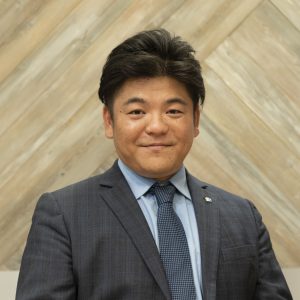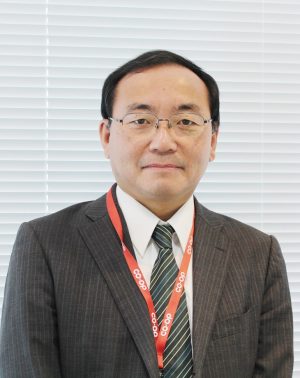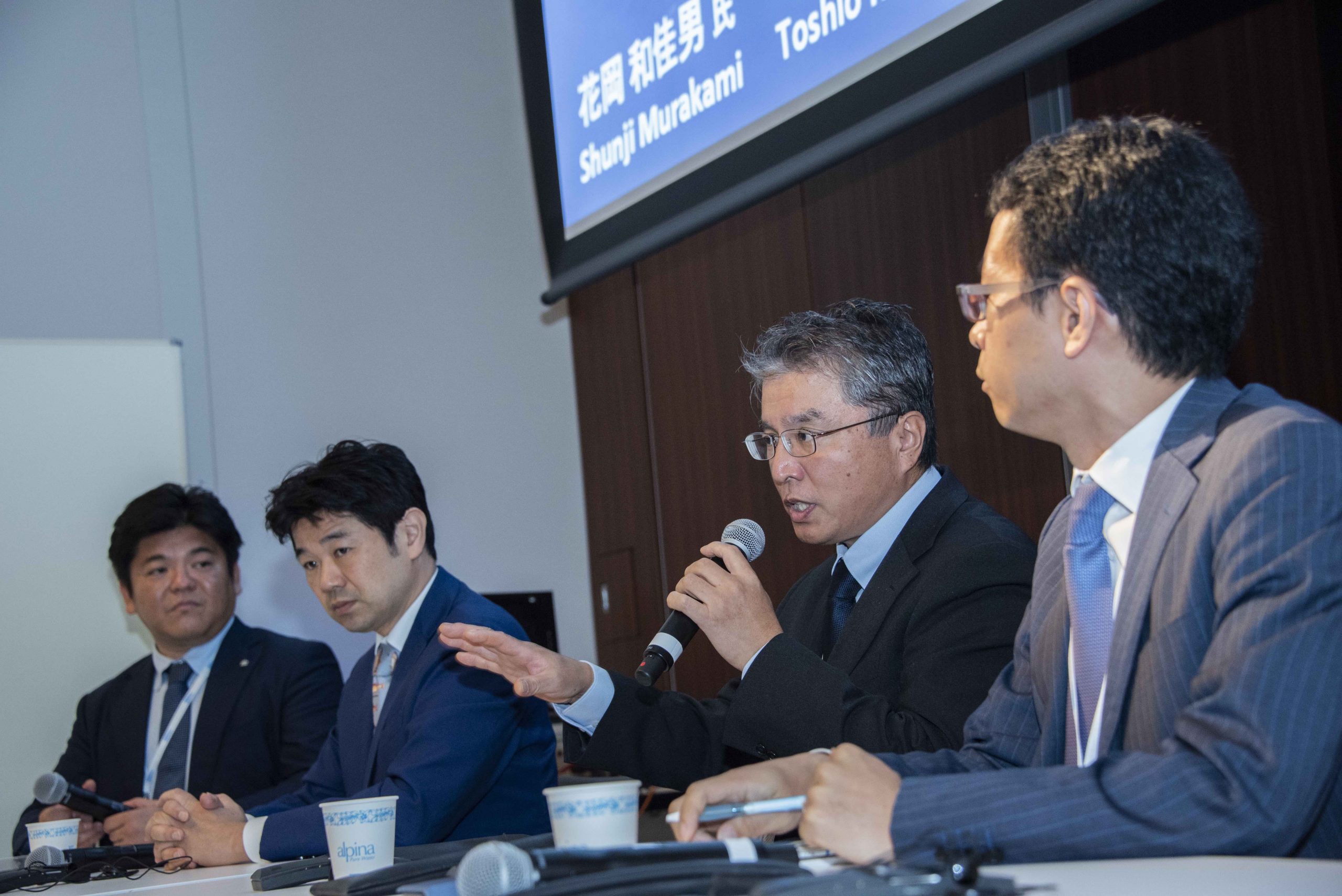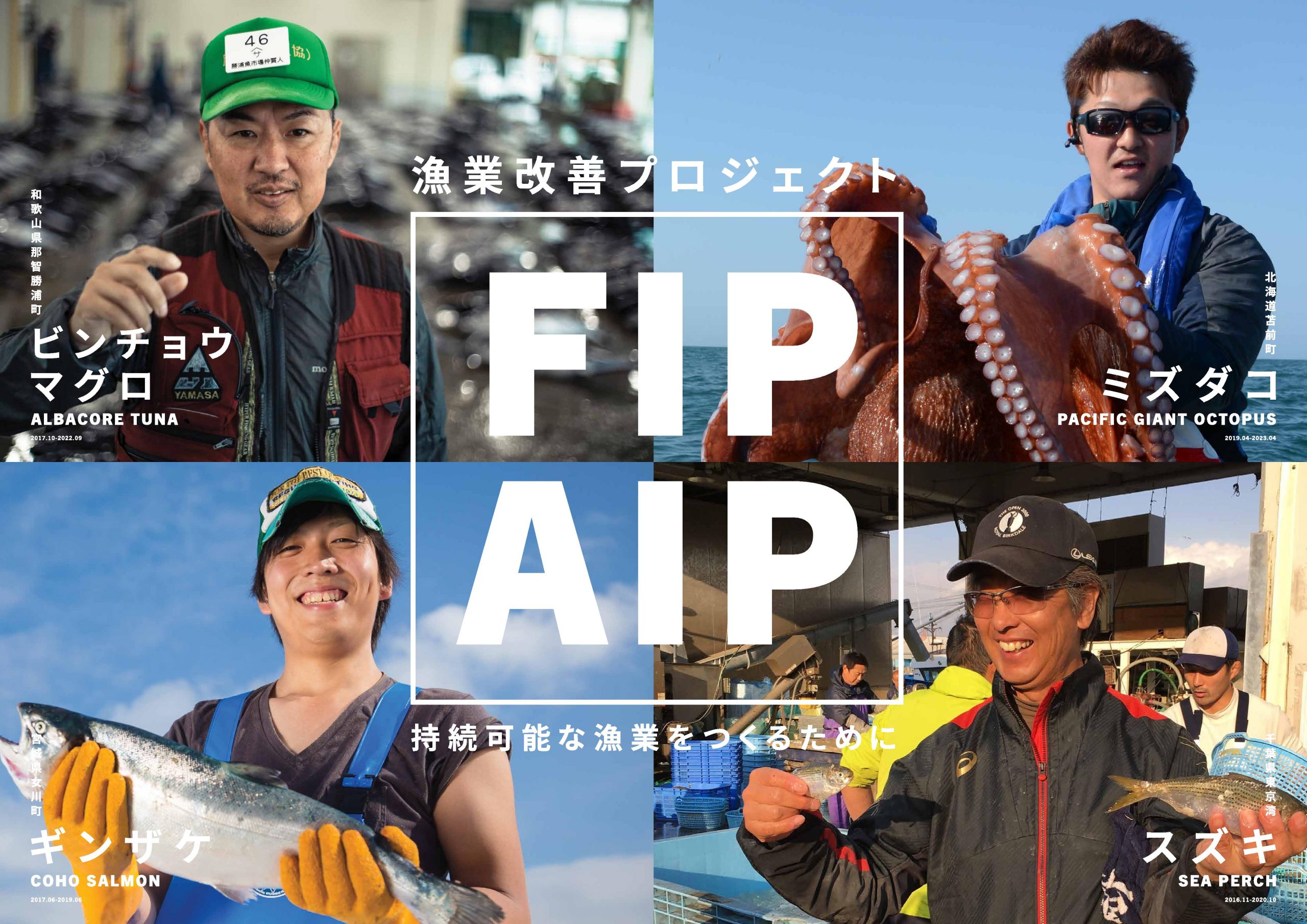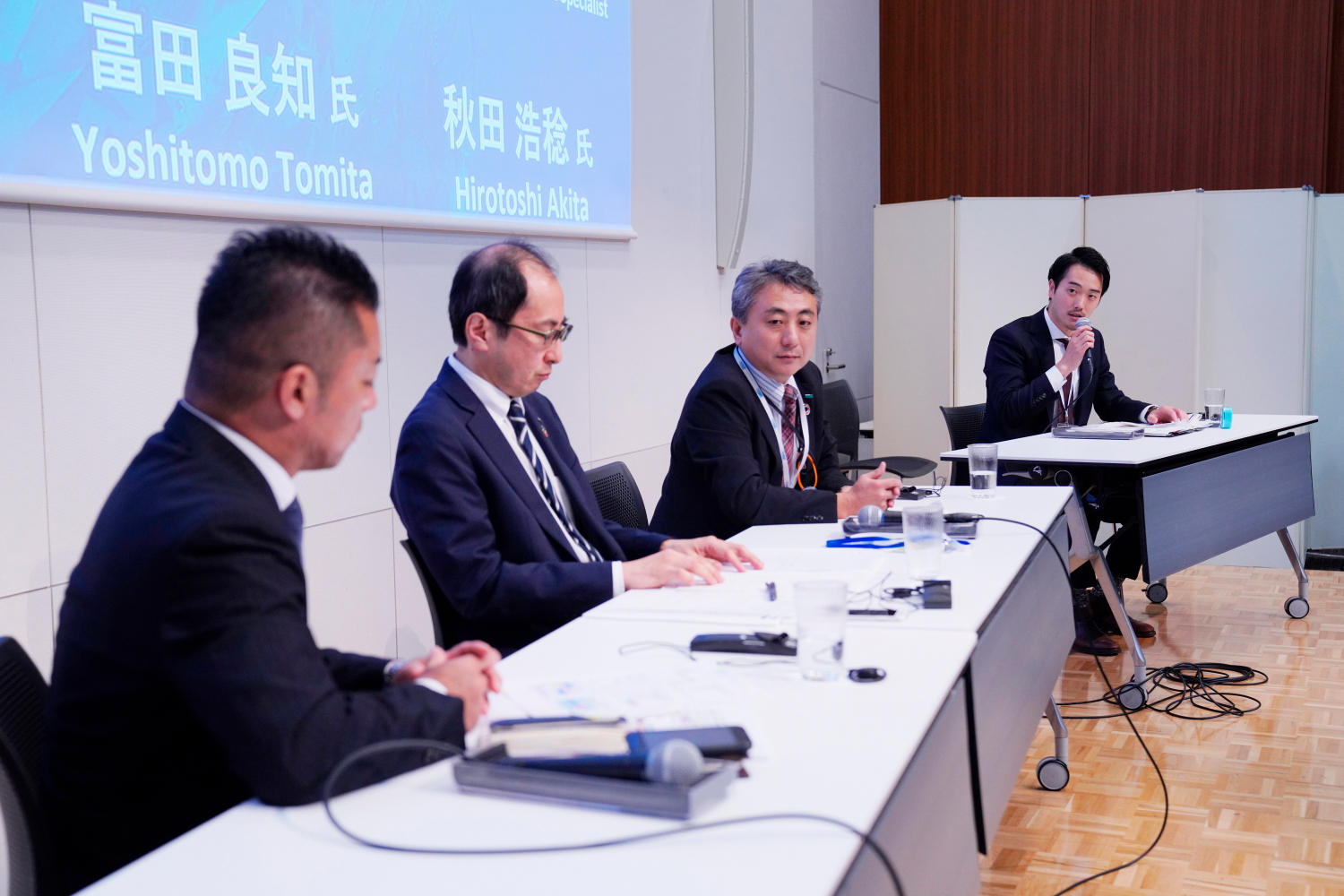P-9 Role of Retailers: Driving the Sustainable Seafood Initiatives
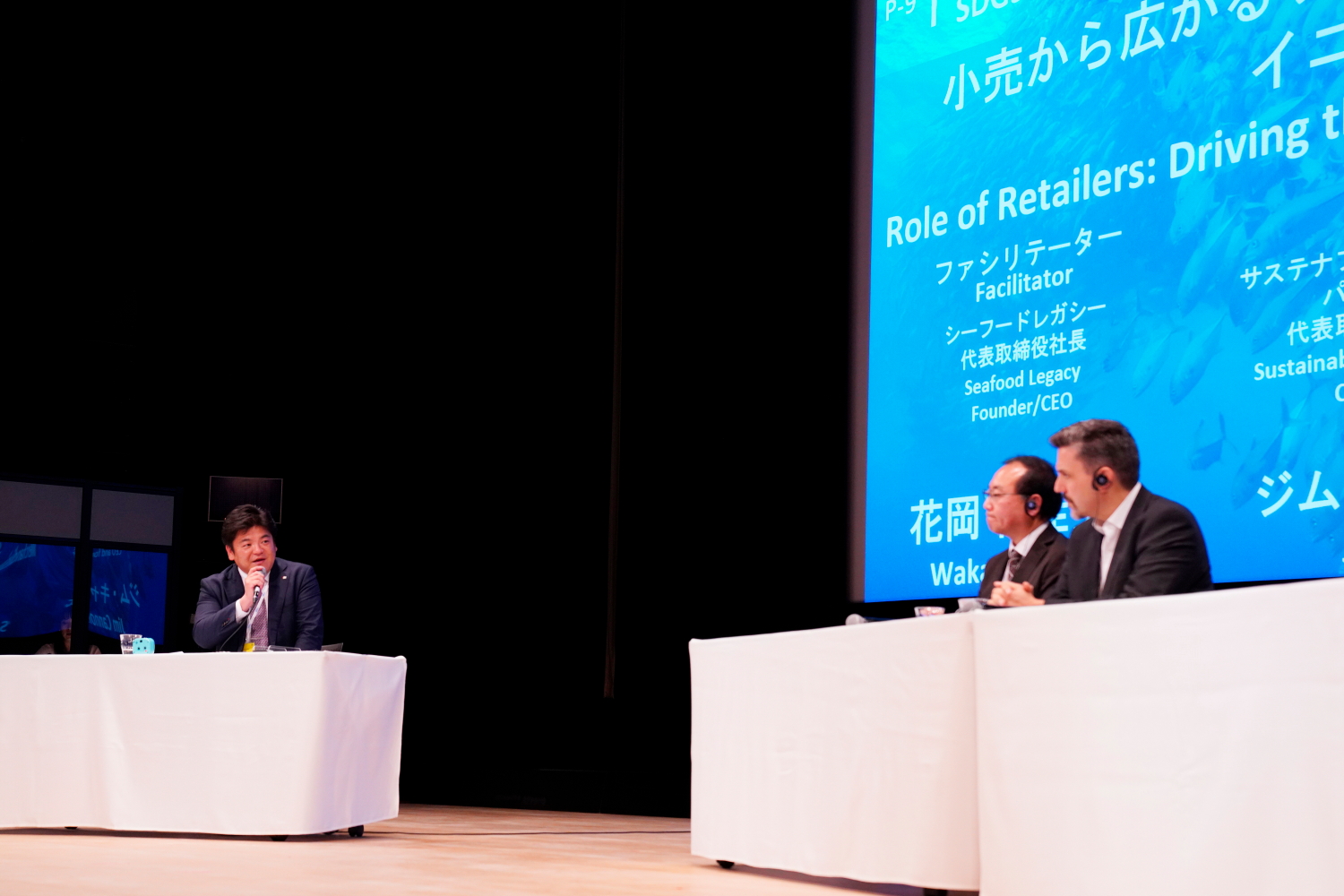
The Progress of Co-ops and their Link to Society
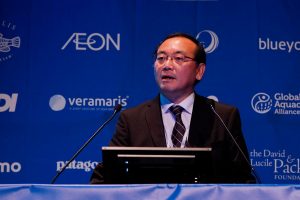
In 2010, the Japanese Consumers’ Co-operative Union (JCCU), which provides products to over 29 million co-op members via consumer co-ops nationwide, announced its new environmental policy for 2020. The new policy included adopting third-party certifications. As a result, JCCU expanded the range of MSC and ASC certified products from 78 in 2018 to over 100 in 2019. Their goal is to have 20% or more of its private brand products to be certified by 2020, and with the actual number in 2018 standing at 19.3%, there’s only a little left to go. Co-op members’ awareness of MSC certification has grown slowly but steadily, reaching 29.7% on a 2018 survey. In addition to publicity efforts aimed at members, the incorporation of certified products as ingredients for popular products s has led to greater awareness.
Furthermore, in July 2018, JCCU launched a new shrimp AIP in Sulawesi, Indonesia, together with the local industries, WWF Japan, and WWF Indonesia.
The Role of Suppliers in Collaboration with NGOs

Sustainable Fisheries Partnership, an NGO led by Mr. Jim Cannon, has been working with partner businesses for many years to make fishery improvement projects (FIPs) more effective.
Although Mr. Matsumoto and Mr. Cannon come from different sectors and perspectives, they share similar opinions about the importance of collaboration and partnership. Mr. Cannon shared an example of a FIP where stakeholders on the supply chain and NGO came together under the shared goal.
With a strong urging from importers in the US, Canada, and Japan, a Russian Far East Pollock FIP was launched and carried out from 2008 to 2010, with the pollack fishery cooperative of Vladivostok, Russia. This FIP aimed to achieve MSC certification by 2011 in the Barents Sea and the Bering Sea. In cooperation with the fishermen accounting for 65% of that co-op’s catch, efforts were made to eliminate IUU fishing in the region. This is an excellent example of a global scale multi-stakeholder collaboration leading to significant success.
In such multi-stakeholder collaborative efforts, NGO plays a huge role as a facilitator and an adviser in the Western market. In Japan, the relationship between industry and NGO are slightly different, Mr. Matsumoto explained. “Co-ops themselves are built upon consumer movements, and so we have an affinity for the idea of starting from such a movement and pushing towards a better future. It can be difficult to adopt NGO’s ideas as-is; however, the information and expertise offered by NGOs are useful, and I’d like to cooperate wherever we can reach an agreement.”
In the North American market, NGOs and businesses have learned through long years of cooperation, and businesses have gained an understanding that NGOs are not just attacking them. “If NGOs give reasonable opinions, businesses are now ready to listen and cooperate,” says Mr. Cannon.
“We started seeing Initiatives born from collaboration, which suggests that the industry started seeing the value of cross-sector partnership.” Hanaoka concluded.
